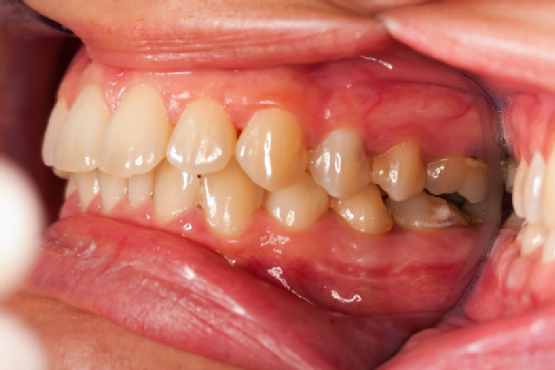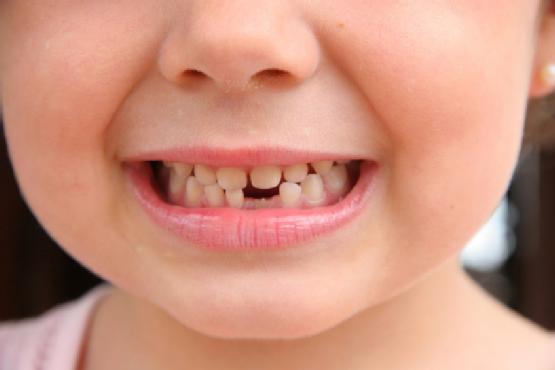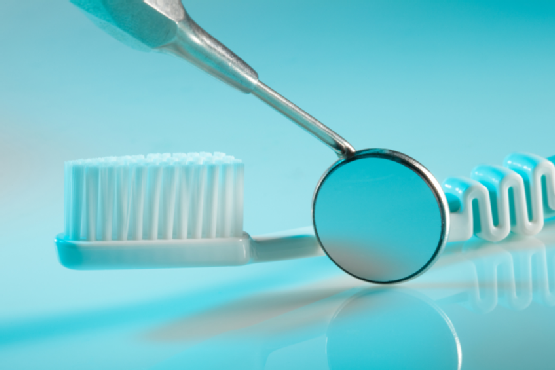The American Association of Oral and Maxillofacial Surgeons estimates that 69% of adults between the ages of 35 and 44 have lost at least one permanent tooth. Teeth are often lost to periodontal disease, injury, and tooth decay. If you’re one of the many adults facing tooth loss, you may be wondering whether dental implants or traditional dentures are the best restoration option. Ask your dentist for guidance and consider these reasons why dental implants could be right for you.
Continued Oral Health
Bone loss is common at the site of a missing tooth; without the tooth’s root to stimulate the jaw bone, the bone can weaken and break down. Because removable dentures rest on the gum line and put continual pressure on the gums, they can accelerate bone loss. Fortunately, dental implants prevent bone loss by mimicking the natural tooth structure. An implant’s post, or root, is placed in the jaw bone and fuses with it through a process called osseointegration. The implant root not only halts bone loss, but also keeps the implant firmly secure.
Dietary Restrictions
Many people are forced to give up some of their favorite foods because of ill-fitting dentures that make eating difficult or uncomfortable. Loose dentures may even slip out entirely, causing embarrassment and frustration for the wearer. Dental implants, on the other hand, look and function just like natural teeth. Implants will allow you to bite, chew, and eat as you normally would, without restrictions. Being able to eat all kinds of food is also good for your oral health, as you will need a varied and nutritious diet to keep your teeth strong.
Comfort and Convenience
Unlike dentures, implants won’t slip, click, or come loose when you eat or speak. Dental implants also don’t require any special care, so you can stick to your same oral hygiene routine—no need for special rinses or pastes. Perhaps best of all, dental implants function at peak performance for at least 20 years and often last a lifetime. With dentures, you would have to visit your dentist every seven to 10 years for replacements.
Schedule an appointment at University Associates in Dentistry to discuss your dental implant options. Our Chicago dental clinic is one of the few providers offering revolutionary All-on-4 implants and metal-free zirconium implants. Call us at (312) 704-5511 or visit our website for more information.




